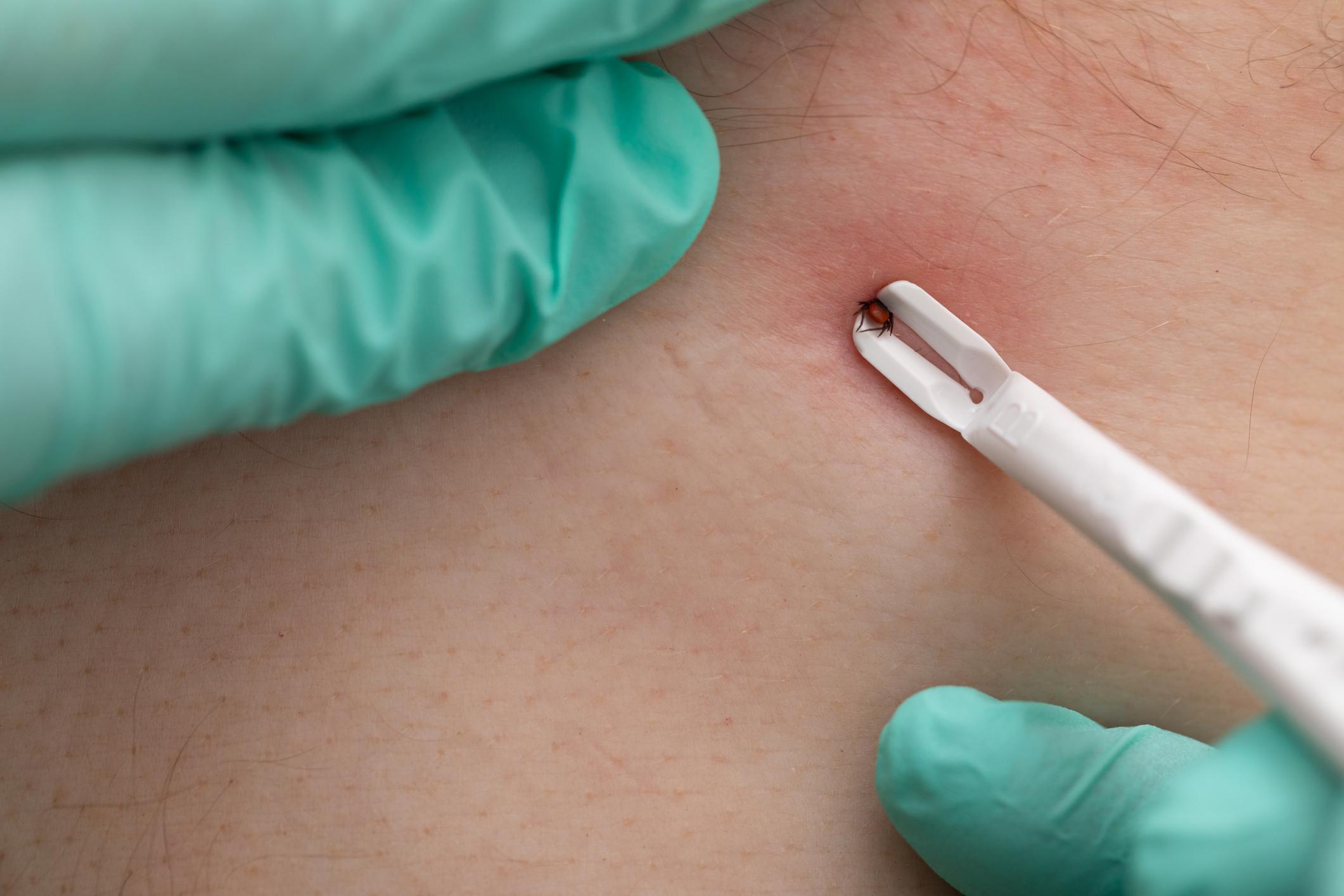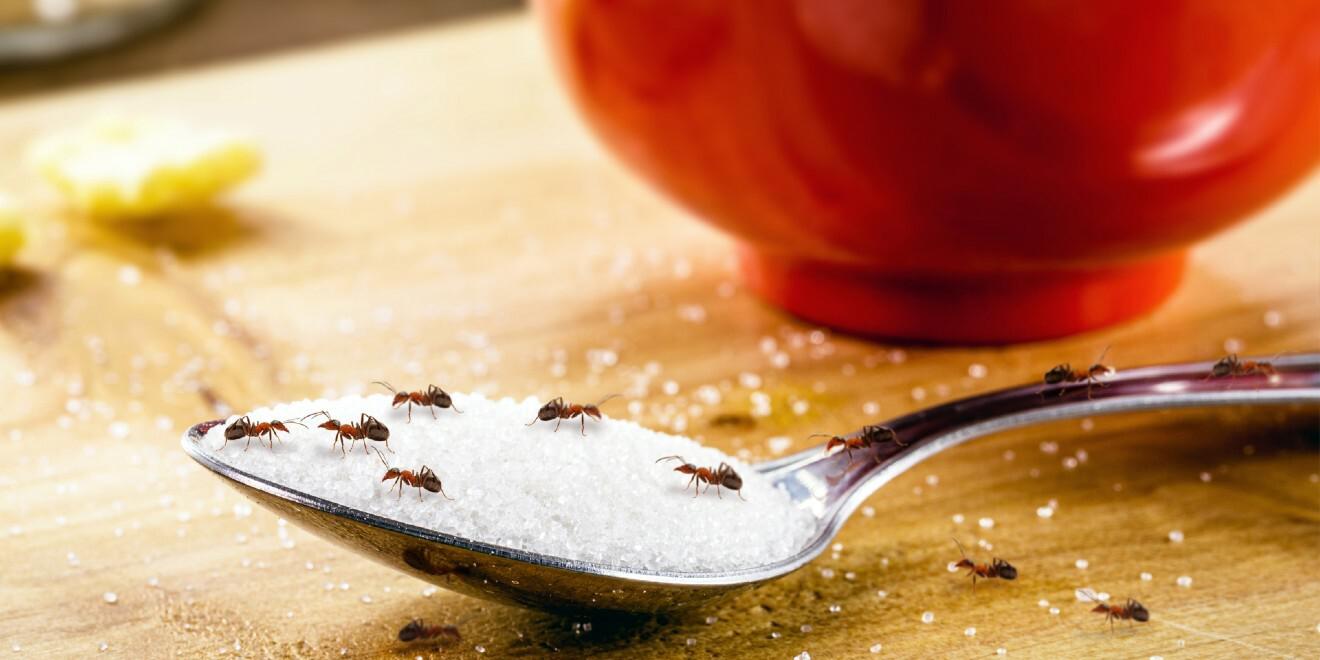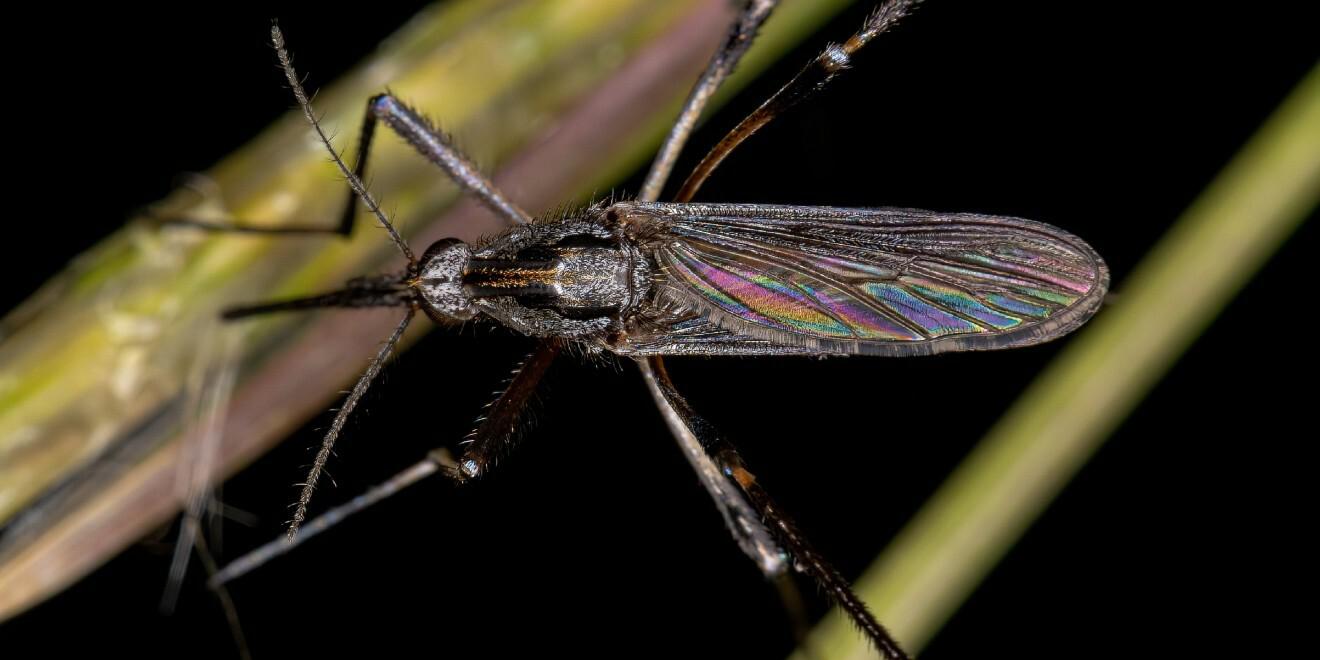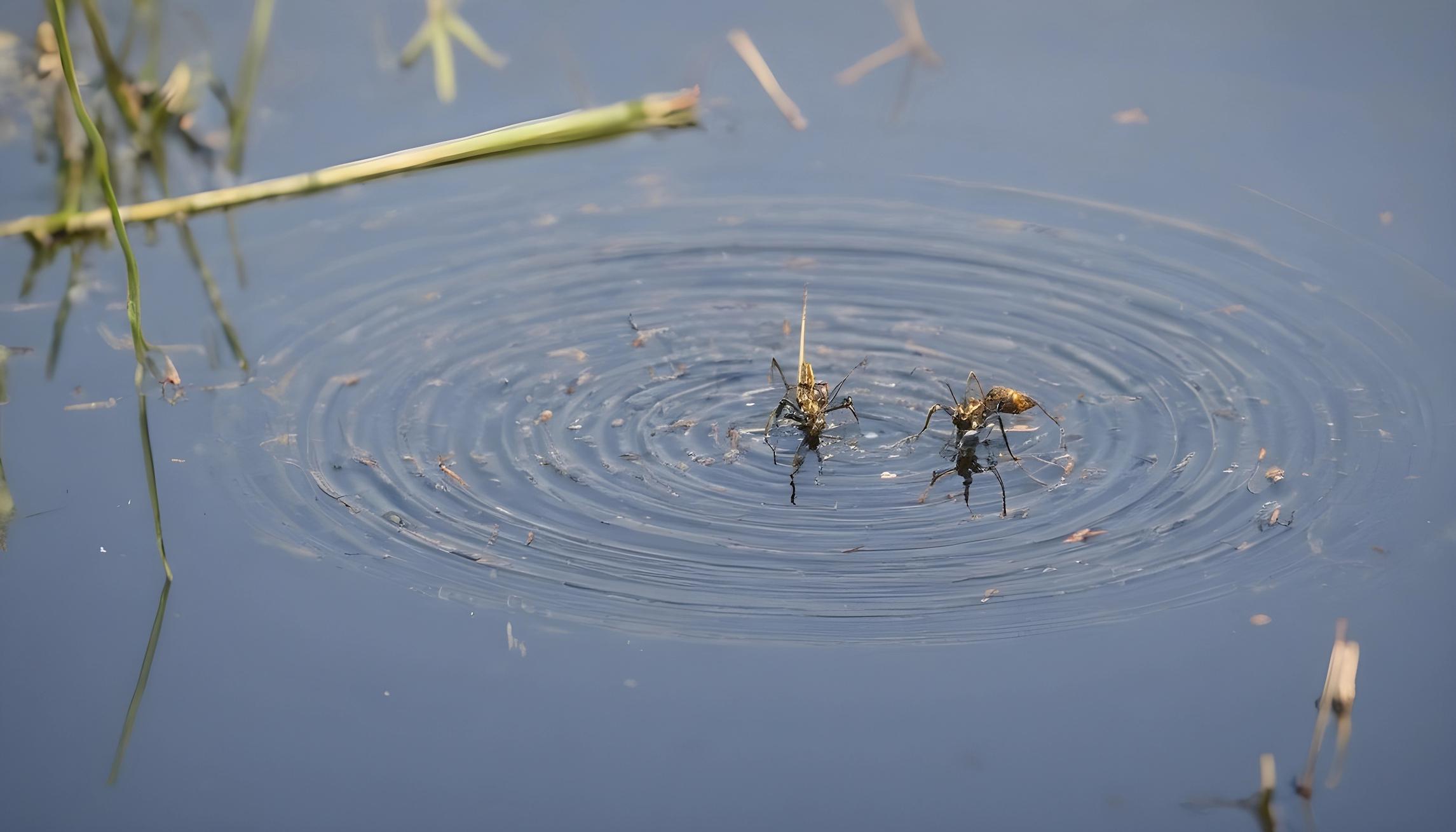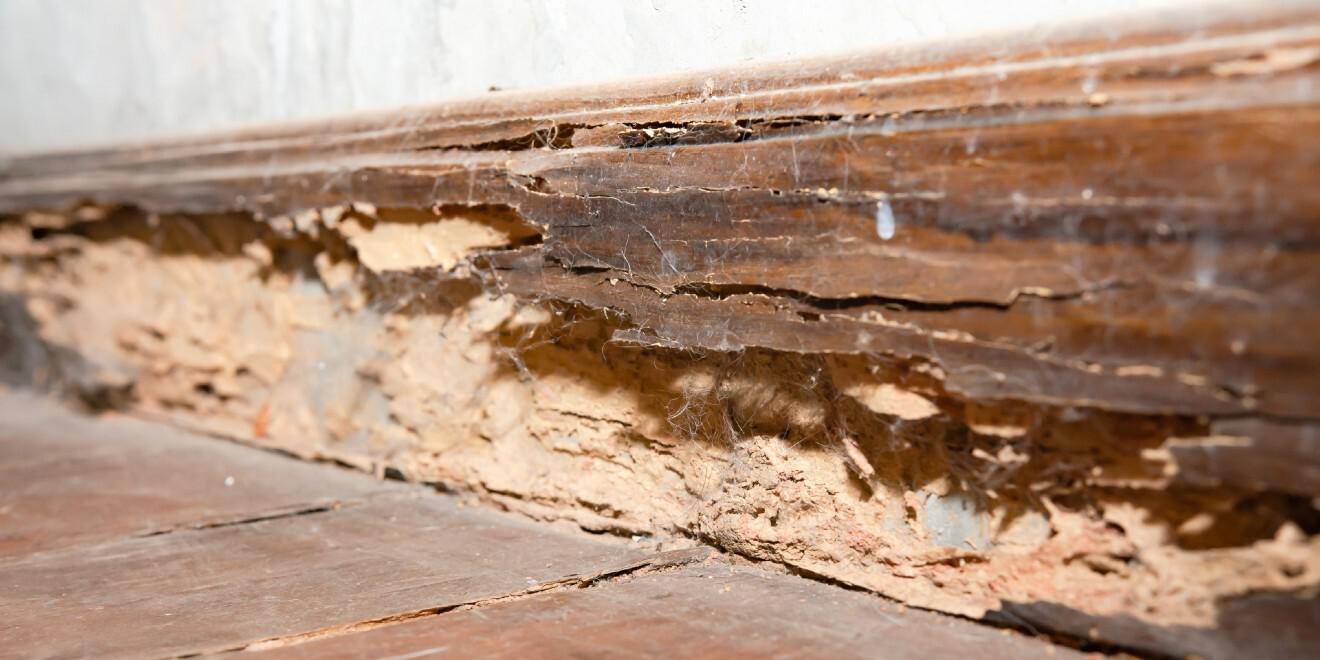Ticks Don’t Die in Winter. Adult Ticks are Already Out and Looking to Feed
Posted by Mosquito Squad
December 20, 2023

Ticks are Active Now!
Warnings of the surge in dangerous tiny ticks in spring are aplenty, but did you know ticks are already out? Adult female ticks are out all winter looking for an egg-producing meal. If temperatures are above freezing and there isn’t too much snow on the ground, ticks are out, and they are looking for something to snack on.
Once they’ve fed, adult female ticks lay their eggs in May. These eggs hatch into larvae in August, find their first blood meal, and then lay dormant until spring. Early spring is when these tiny nymph ticks emerge, searching for the blood meal that will take them into adulthood.
Check out the tick life cycle to learn more about tick habits.

According to TickEncounter, it barely has to warm up from freezing for deer ticks to start moving. Ticks are already here and active. As it warms up, there will be more. Don’t wait until warm spring weather to take tick precautions while outdoors; be cautious NOW.
Prepare Your Yard for Fewer Ticks
Now that you know there are already active ticks to focus on, where do you begin? Get professional treatment. At Mosquito Squad of Southeastern Massachusetts, we have a list of tips for spring cleaning for fewer ticks, and it always starts with tick control treatment.
Adult ticks have had plenty of time to contract dangerous diseases, such as Lyme Disease, that we are desperate to avoid. By having Mosquito Squad’s barrier treatment applied to your yard by trained professional technicians, you can reduce adult ticks by up to 90%. We’ll also place tick tubes twice a year to lower the volume of emerging nymph ticks each cycle.
TickEncounter (a research site of the University of Rhode Island) says, “[you] probably want to schedule the first treatment as soon as the snow is gone.” After the initial mist, it’s best to move on to eliminating areas of tick habitat. Areas where leaves or shrubs have piled up, shady wet areas, these are the spots where ticks thrive. Clean them out and keep them clear all spring and summer. The combination of professional tick treatment and keeping your yard free of debris will reduce your risk of tick bites and the diseases that they carry.
Tick Precautions
Consistency can be the best form of defense for both your family and your pets. For your pets, this means keeping them treated all year round with flea and tick prevention. There are plenty of options out there. Consult your veterinarian for the best option for your animals. Treat your humans too. Dress yourself and your children appropriately when headed outdoors, especially in highly wooded areas—tuck pants in socks and shirts in pants. Use EPA recommended bug repellent on exposed skin, and consider permethrin to mist on your clothes for extra defense.
You can’t always prevent a tick from latching on, so a tick check is the next must-do step after spending time outdoors. The deer tick must be latched on for 24-48 hours to infect someone, so even if you do become bitten by a tick, there is still time to remove the pest to reduce risk. When you head back inside, follow our step-by-step guide to checking yourself for ticks.
It is just beginning to warm up, but the ticks are out, so the time to begin treatment is now. By consistently following these steps and by allowing Mosquito Squad of Southeastern Massachusetts to provide you with the best mosquito and tick control available, you and your family can enjoy your yard and the great outdoors with fewer ticks, and fewer worries. Call today to schedule your season of treatments.









